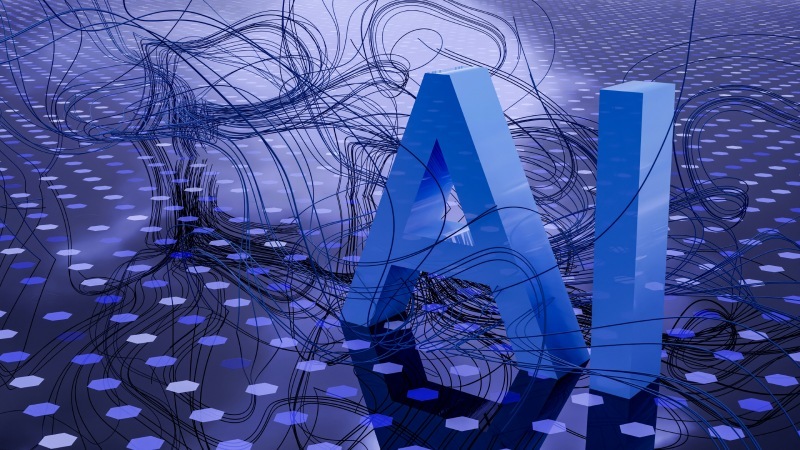
Personal injury law is transforming technologically, driven by advances in artificial intelligence (AI). Firms like Lem Garcia Law are at the forefront of this change and are dedicated to blending innovation with a client-centred approach. With the adoption of AI-powered tools, the industry is poised to redefine how cases are analyzed, prepared, and presented, improving both efficiency and client outcomes.
How AI is Transforming Personal Injury Law
AI tools offer several groundbreaking capabilities that are reshaping personal injury law practices:
- Accident Simulations and Evidence Visualization
AI-driven platforms can create detailed reconstructions of accidents, providing a straightforward visual narrative for juries and opposing parties. These tools analyze data from police reports, witness statements, and vehicle telematics to generate precise accident models. At Lem Garcia Law, where thorough case preparation is a hallmark, such tools enhance the ability to present compelling evidence. - Streamlined Medical Record Analysis
Medical record review is a critical yet time-intensive aspect of personal injury law. AI simplifies this process by rapidly analyzing records for key details, identifying discrepancies, and organizing information. This allows attorneys at Lem Garcia Law to focus on crafting solid arguments for fair compensation rather than spending hours on manual reviews. - Predictive Analytics for Case Outcomes
AI-powered predictive tools assess factors such as injury severity, jurisdiction trends, and case precedents to estimate potential case outcomes. This helps attorneys set realistic expectations for clients and tailor legal strategies accordingly.
Balancing Innovation and Ethics
While AI offers remarkable advantages, it also introduces challenges. For example, generative AI tools could inadvertently create misleading visualizations or oversimplify complex medical conditions. At Lem Garcia Law, ethical responsibility remains a priority. The firm ensures that all AI-generated evidence undergoes rigorous verification to maintain accuracy and uphold trust in the legal process.
Moreover, the rise of AI demands heightened regulatory oversight. Questions about data privacy, algorithmic bias, and the admissibility of AI-generated evidence in court require careful navigation. Attorneys at Lem Garcia Law are proactive in understanding these emerging challenges, ensuring that innovation aligns with the principles of justice.
Why Responsible AI Matters
Integrating AI into legal practice is not just about improving efficiency; it’s about enhancing the client experience. Lem Garcia Law has built a reputation for personalized, compassionate service. By using AI responsibly, the firm can continue to prioritize its clients while leveraging technology to strengthen case outcomes.
For instance, automated workflows reduce administrative burdens, allowing the legal team to dedicate more time to direct client communication. Accident reconstructions and detailed medical analyses bolster the firm’s ability to advocate effectively, ensuring clients receive the compensation they deserve.
Looking Ahead
The future of personal injury law lies in the thoughtful integration of technology. Firms like Lem Garcia Law are setting the standard by embracing AI while maintaining a human touch. As the legal field continues to evolve, the focus must remain on using innovation to serve the public good without compromising ethical standards.
Whether you’ve been involved in a car accident or need representation for another personal injury matter, Lem Garcia Law is committed to combining advanced tools with personalized service. Visit Lem Garcia Law to learn more about their dedication to justice and innovation.